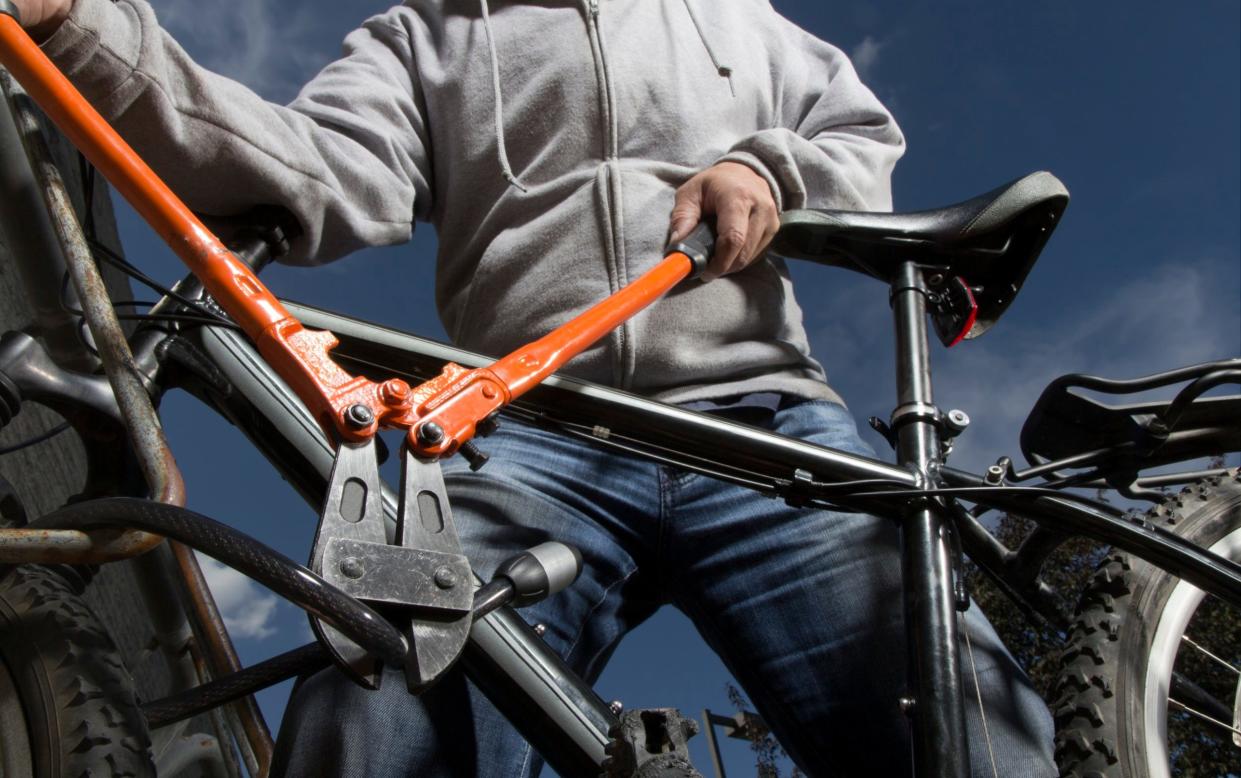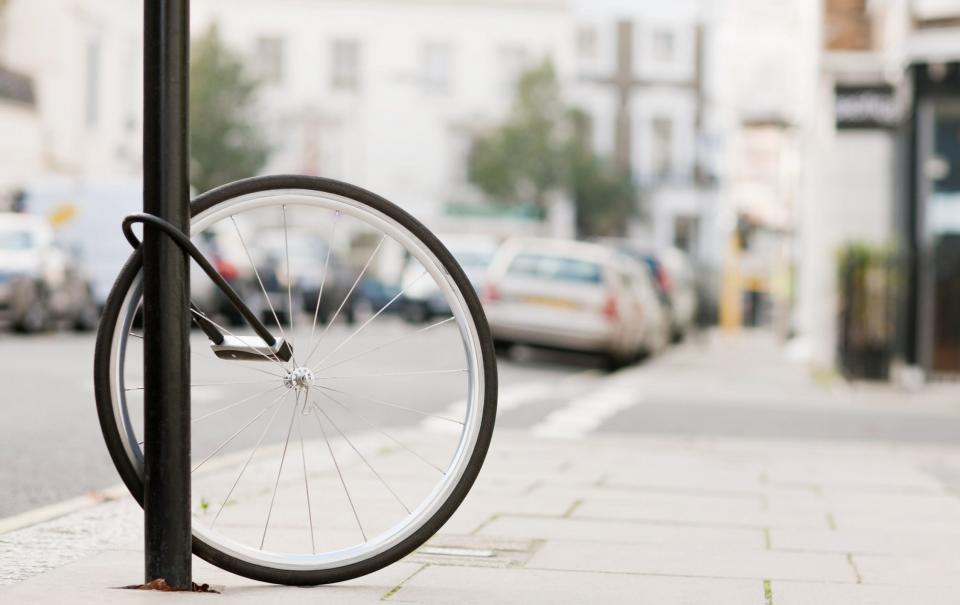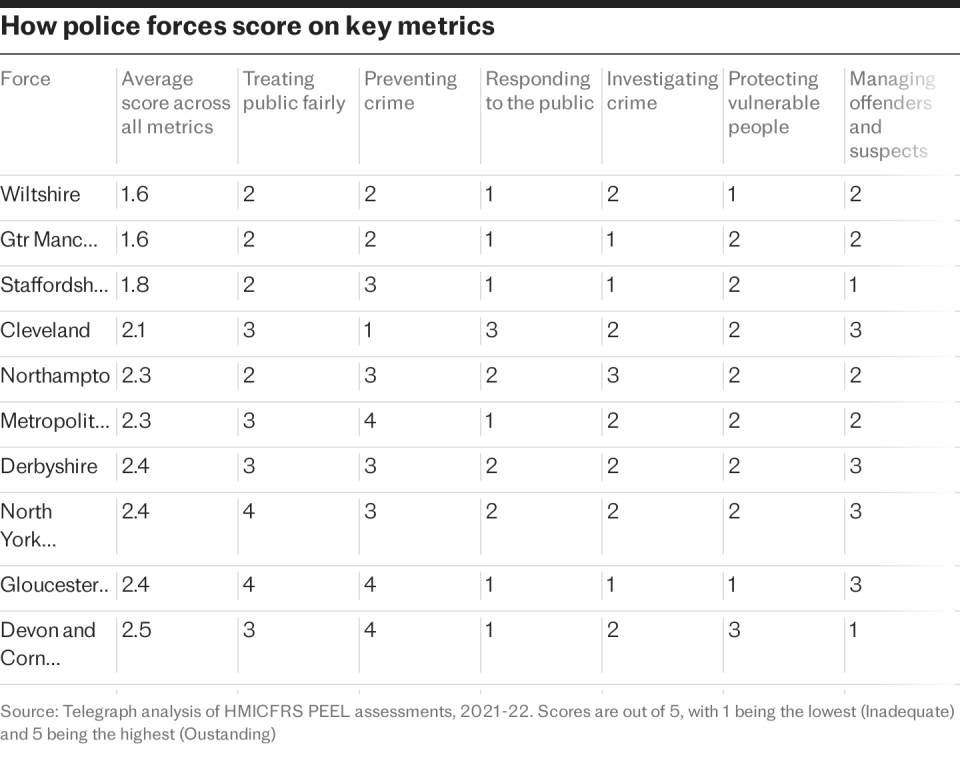Bike theft ‘decriminalised’ as nine out of 10 cases unsolved, say Lib Dems

Bike thefts have been effectively “decriminalised”, with nine out of 10 cases remaining unsolved, analysis of Home Office data shows.
More than 365,000 bike thefts reported to police have gone unsolved since 2019, accounting for 89 per cent of all cases, analysis of Home Office data shows.
This adds up to 200 bike thefts a day – more than eight an hour – going unsolved in England and Wales over the past four years.
Of the 365,706 thefts, just 8,437 (two per cent) resulted in an arrest and charge in the year to June 2023.
This is down from three per cent (2,445 cases) in the year to June 2019, according to analysis carried out by the Liberal Democrats using Home Office data, which show bike thefts reported to police hovering between 74,000 and 78,000 in the past three years.
That is down from 97,800 in the year to June 2019, although the figures exclude victims who may not report thefts to police.
The British crime survey – where people are asked about their actual experience of crime – estimates there are about 300,000 bike thefts a year.

Alistair Carmichael, the Lib Dems’ home affairs spokesman, said: “These shocking figures will leave people wondering if bike theft has been decriminalised.
“Whether they are used for commuting, family days out or exercise, people’s bikes are a hugely valued possession, so thefts leave victims feeling both out of pocket and distressed. Knowing the thief will probably get away with it just adds salt to the wound.
“Years of neglect under this Conservative Government have emboldened criminals and left frontline police officers without the resources they need to investigate crimes like bike theft properly. The Government needs to restore community policing where police are visible in their neighbourhoods and can focus on solving local crimes.”
The disclosure comes after The Telegraph revealed that more than half of police forces are failing to investigate crime properly. Twenty-two of the 43 police forces in England and Wales were judged by inspectors to be “inadequate” or “requiring improvement” in investigating crime, the worst two performance ratings.

Sarah McMonagle, Cycling UK’s director of external affairs, said: “Bike theft is sometimes perceived as a petty crime, but it carries a huge social impact, putting many people off cycling altogether.
“While we acknowledge the limitations on police resources, with more than half of stolen bikes being resold online there’s clearly huge scope for improved targeting of internet marketplaces to identify and prosecute serial offenders and organised criminals.”
Cycling UK advised owners to ensure they keep their bicycle behind a locked door when not using it but, if not, use a good quality lock.
Police forces have pledged to follow up every line of inquiry for all crimes, including so-called lower level offences such as bike theft.
Chris Philp, the policing minister, said the Lib Dems could not be trusted to cut crime because they wanted to strip police officers of vital powers and voted against tougher jail sentences for the worst offenders.
“The Conservatives have cut the number of theft offences by 47 per cent since 2010, including bicycle theft by 54 per cent, reduced violent crime by 52 per cent, and put a record number of police officers on our streets to keep our communities safe,” he said.

 Yahoo News
Yahoo News 
